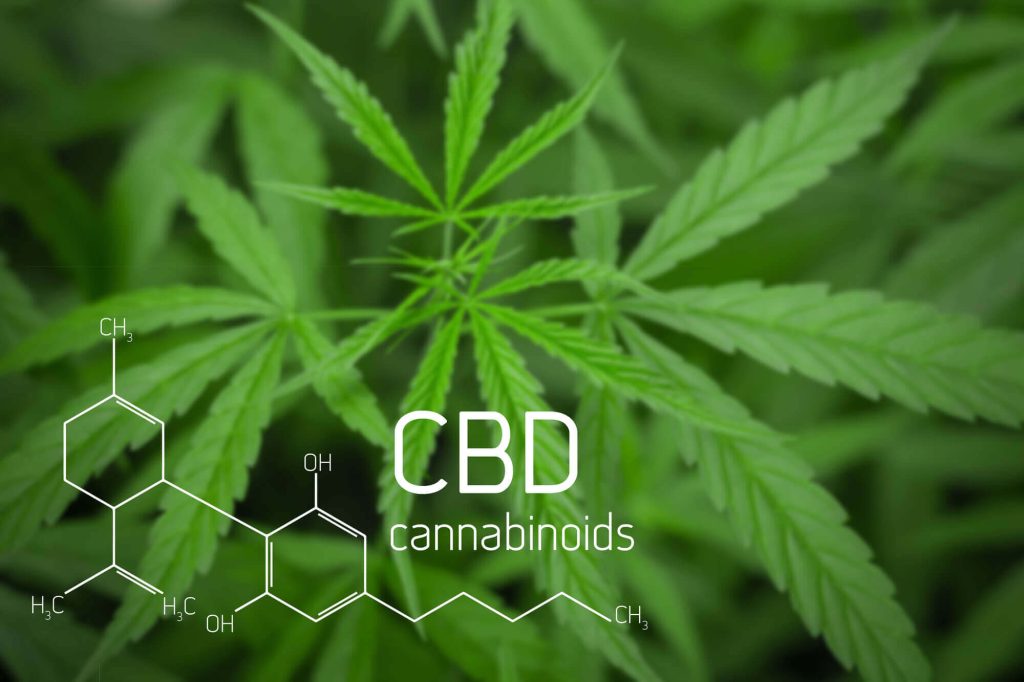Delta 8 THC, a cannabinoid gaining traction in the world of cannabis, offers an intriguing alternative to its more famous cousin, Delta 9 THC. While Delta 9 THC is well-known for its psychoactive effects, Delta 8 THC provides a unique set of benefits that are garnering interest from both medical and recreational users alike. One of the primary benefits of Delta 8 THC is its milder psychoactive effects. Users report that Delta 8 provides a more subtle, clear-headed high compared to Delta 9. This makes it an appealing option for individuals who seek the therapeutic effects of THC without the intense euphoria or anxiety that sometimes accompanies Delta 9 THC. The gentle nature of Delta 8 THC can make it a suitable choice for those new to cannabis or those who prefer a less intense experience. In terms of therapeutic benefits, Delta 8 THC has been noted for its potential in alleviating symptoms of anxiety, pain, and nausea.

Research is still in its early stages, but preliminary studies and anecdotal evidence suggest that Delta 8 THC may interact with the body’s endocannabinoid system in a way that reduces anxiety and promotes relaxation. This could be particularly beneficial for individuals who struggle with chronic anxiety or stress-related conditions. Additionally, Delta 8 THC’s potential anti-nausea properties make it a promising option for those undergoing treatments that cause nausea, such as chemotherapy. Another area where delta 8 vs delta 9 THC stands out is its potential to enhance appetite. Unlike Delta 9 THC, which is famously known for causing the munchies, Delta 8 THC appears to stimulate appetite in a more controlled manner. This effect could be advantageous for individuals experiencing appetite loss due to medical conditions or treatments, helping them maintain a healthier weight without the overwhelming hunger often associated with Delta 9 THC. Delta 8 THC is also gaining attention for its potential neuroprotective properties.
Some research suggests that it may have benefits in protecting brain cells and supporting cognitive function. This area of research is particularly exciting, as it could offer new avenues for addressing neurodegenerative diseases and cognitive decline. It is important to note that the legal status of Delta 8 THC varies by location. While it is often available in regions where cannabis is legal, its legality can be complex due to differing regulations and interpretations of cannabis laws. Users should ensure they are informed about their local regulations before purchasing or using Delta 8 THC products. Delta 8 THC offers a range of potential benefits, from a milder psychoactive experience to possible therapeutic applications for anxiety, pain, and nausea. Its effects on appetite and potential neuroprotective properties further contribute to its growing popularity. As research continues to evolve, Delta 8 THC may become an increasingly important component of the cannabis landscape, providing users with more options for managing their health and well-being.